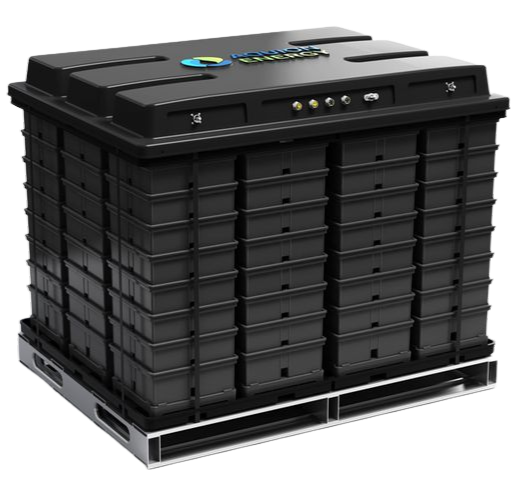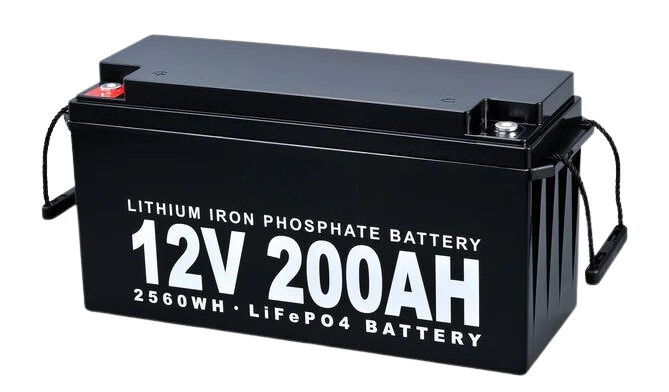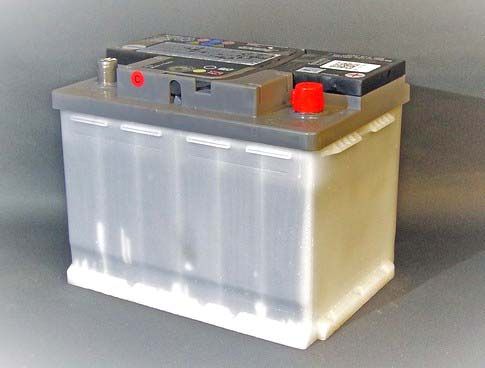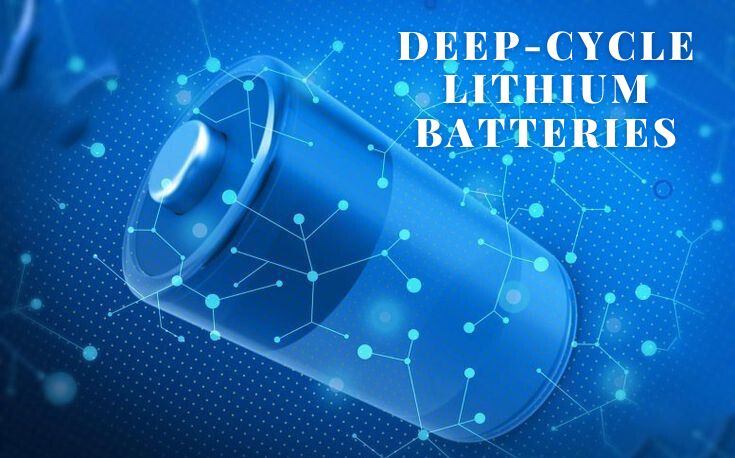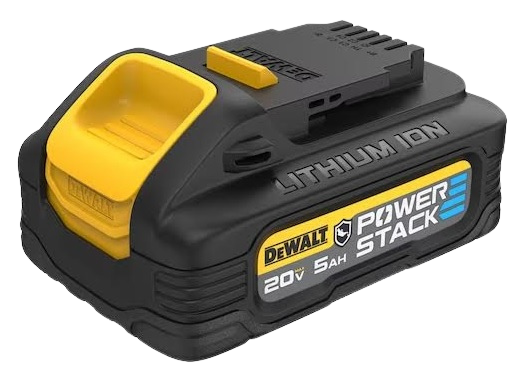The Rise of Lyon Lithium-Ion Batteries
Contents
What Lyon Lithium-Ion Batteries Are
Lyon Lithium-Ion Batteries are widely used in various applications, from consumer electronics to renewable energy systems and electric vehicles. In this article, we’ll search into the advantages, innovative features, applications, environmental impact, challenges and prospects of Lyon Lithium-Ion Batteries, shedding light on their role in shaping a more sustainable and energy-efficient future.
The significance of Lyon Lithium-Ion Batteries is undeniable. Their ability to store and release electrical energy reliably makes them pivotal in addressing the energy demands of today’s fast-paced world. Lyon Lithium-Ion Batteries are instrumental in powering a wide array of devices, from smartphones and laptops to electric vehicles and renewable energy grids.
Edge Of Lyon Lithium-Ion Batteries
The Rise of Lyon Lithium-Ion Batteries
High Energy Density
Lyon Lithium-Ion Batteries offer a remarkable energy-to-weight ratio, providing more power in a compact size.
Long Cycle Life
These batteries can endure numerous charge and discharge cycles without significant capacity loss, ensuring lasting performance over time.
Fast Charging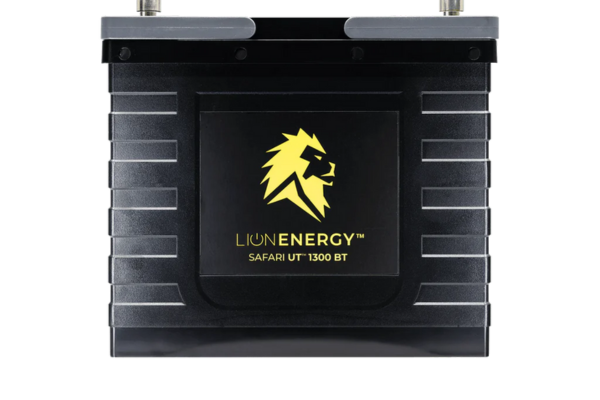
Lyon Lithium-Ion Batteries can be charged relatively quickly, making them ideal for devices that require rapid recharging.
Efficiency
They boast high charge and discharge efficiency, minimizing energy wastage and maximizing the utilization of stored power.
Lightweight Design
Lyon Lithium-Ion Batteries are lightweight and space-efficient, making them suitable for portable electronics and applications with limited space.
Versatility
They are adaptable to various applications, from consumer electronics and medical devices to electric vehicles and renewable energy systems.
Low Self-Discharge
These batteries have a low self-discharge rate, allowing them to retain stored energy for extended periods when not in use.
Reduced Memory Effect
Lyon Lithium-Ion Batteries exhibit minimal memory effect, meaning they do not need to be fully discharged before recharging.
.Consumer Electronics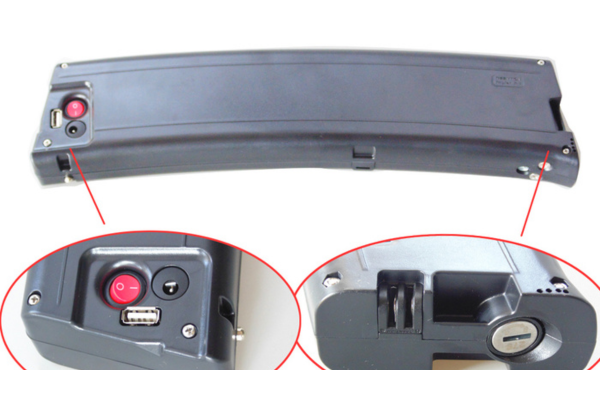
Lyon Lithium-Ion Batteries have revolutionized the consumer electronics sector. From smartphones and laptops to wearable devices and tablets, these batteries provide the high energy density required to power these gadgets efficiently while maintaining a slim and lightweight design. Their quick charging capabilities ensure that users can replenish their devices swiftly, enhancing convenience and productivity.
Renewable Energy
Integrating Lyon Lithium-Ion Batteries with renewable energy sources is a pivotal step toward a sustainable future. These batteries play a crucial role in energy storage systems. During periods of low energy production, such as cloudy days or calm winds, the stored energy from Lyon Lithium-Ion Batteries can be discharged, ensuring a continuous and reliable power supply.
Electric Vehicles 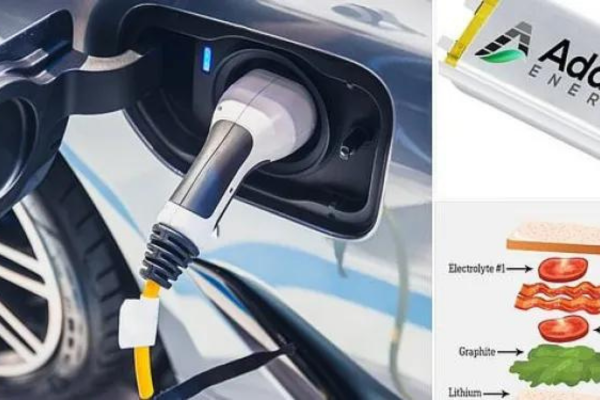
These batteries undergo gradual capacity loss and performance degradation throughout multiple charge and discharge cycles. This can reduce energy storage capacity and overall battery life, requiring replacements over time.
Safety Concerns
While advancements have been made to enhance safety, there have been thermal runaway fires and explosions in lithium-ion batteries. Ensuring strict manufacturing quality control and implementing robust safety mechanisms is crucial to mitigate these risks.
Cost
Producing high-quality lithium-ion batteries involves complex manufacturing processes and requires specific materials, contributing to their relatively higher cost than other battery types. This can affect their widespread adoption, especially in cost-sensitive applications.
Limited Temperature Range
Lyon Lithium-Ion Batteries can experience reduced performance in extremely high and low temperatures. Operating outside their optimal temperature range can lead to capacity loss, decreased efficiency, and potential safety risks.
Charging Time And Infrastructure
While Lyon Lithium-Ion Batteries offer fast charging capabilities, charging infrastructure is still developing, particularly for applications like electric vehicles. Long charging times and the need for widespread charging stations can pose challenges to adoption.
Lyon group 27 Lithium Marine Battery
Duracell 27 12V Alkaline Battery, 1 Count Pack, 27 12 Volt Alkaline Battery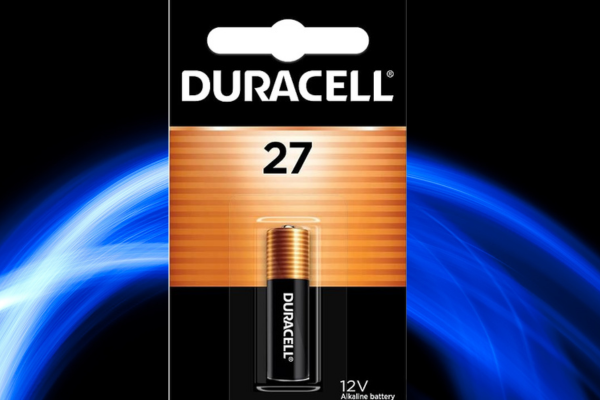
The versatile energy source for diverse gadgets: The Duracell 27 12 Volt Alkaline battery is meticulously crafted to fuel an array of compatible devices, including car alarms, key fobs, GPS trackers, remote controls, and various electronic gadgets.
Reliable longevity: Engineered to deliver consistent and dependable performance for specialized devices, Duracell’s high-power 27 12V Alkaline batteries ensure an enduring power supply.
5–YEAR storage assurance: With a storage guarantee of 5 years, Duracell 27 batteries offer the confidence that they’ll remain fully operational when you require them, even after being stored for an extended period.
Preeminent battery brand: Whether it’s enduring stormy seasons, meeting medical needs, or enhancing holiday celebrations, Duracell stands as the unrivalled and most trusted battery brand.
Pallus 1.5V Rechargeable AA Lithium Batteries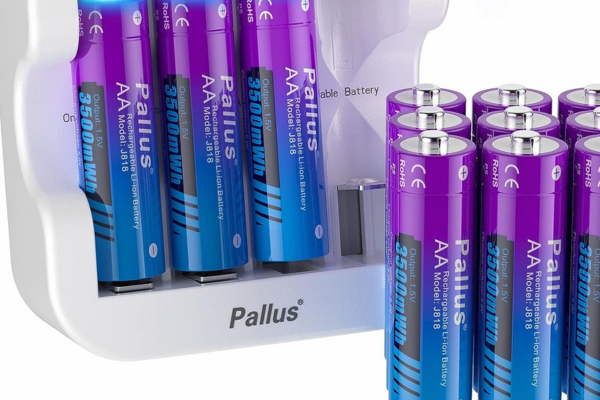
Steady Voltage, Versatile Applications: Pallus 1.5 Rechargeable lithium AA batteries maintain a constant 1.5V output, coupled with a compact size and impressive capacity.
With an energy output of 3500m Wh per battery and a robust 3A current output, these AA rechargeable lithium batteries are ideal for a broad range of devices that operate under 1.5V. The energy they pack is truly remarkable.
Advanced Protection for Utmost Safety: Prioritizing safety, our AA lithium batteries incorporate intelligent control IC chips that oversee the charging process comprehensively. This smart system prevents overcharging, overvoltage, overcurrent, over-discharge, and even reverse charging.
Offering a distinct advantage, these batteries exhibit no memory effect and low self-discharge, at a rate of approximately 0.03% per month, considerably lower than traditional Ni-MH batteries. This translates to an 80% capacity retention even after 36 months of non-use.
Pros
- Pallus 1.5V Rechargeable AA Lithium Batteries boast an ultra-fast charging design, ensuring quicker replenishment and reduced downtime for your devices
- .With a steady 1.5V output, these batteries provide unwavering performance, optimizing the functionality of various electronics that rely on a reliable power supply.
Cons
- Rechargeable lithium batteries tend to have a higher upfront cost compared to disposable alkaline batteries, which might be a consideration for budget-conscious consumers.
- While Pallus batteries are designed for fast charging, rechargeable batteries generally take longer to charge than simply swapping out disposable batteries.
Conclusion
Lyon Lithium-Ion Batteries Their exceptional energy density, longevity, and versatility are reshaping consumer electronics, renewable energy integration, and electric vehicles.
These batteries are not just power sources. They represent a commitment to sustainability, offering greener solutions and reducing carbon. Lyon Lithium-Ion Batteries are poised to play a pivotal role in shaping a more efficient, interconnected, and Eco-conscious future.
FAQ
What is the next generation of lithium batteries?
Lithium plays a crucial role in both current and future battery technologies. One exciting advancement on the horizon is solid-state batteries, which could be a significant breakthrough. These batteries are expected to use lithium on both the positive and negative sides.
Is there an increased demand for lithium-ion batteries?
In the coming years, there will be a huge increase in the need for lithium-ion batteries worldwide. Right now, we use about 700 gigawatt-hours (GWh) of these batteries in 2022, but that’s expected to jump to roughly 4.7 terawatt-hours (TWh) by 2030.
When did lithium-ion batteries become popular?
Lithium-ion batteries became widely liked during the 1990s. They quickly became the most popular type of battery. People started paying more attention to lithium-ion batteries because they were safer than older lithium-metal batteries. This made them a popular choice among customers.



